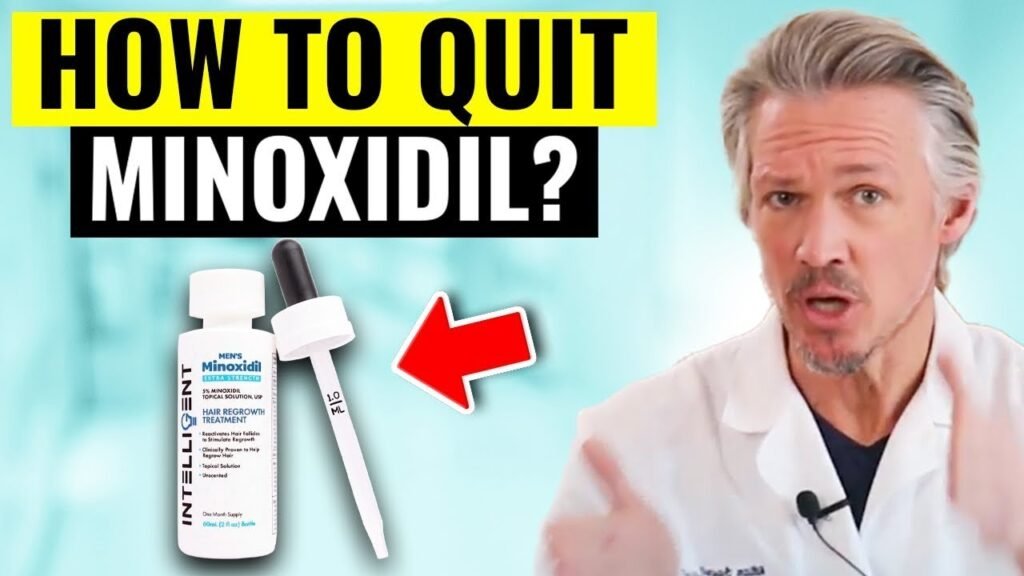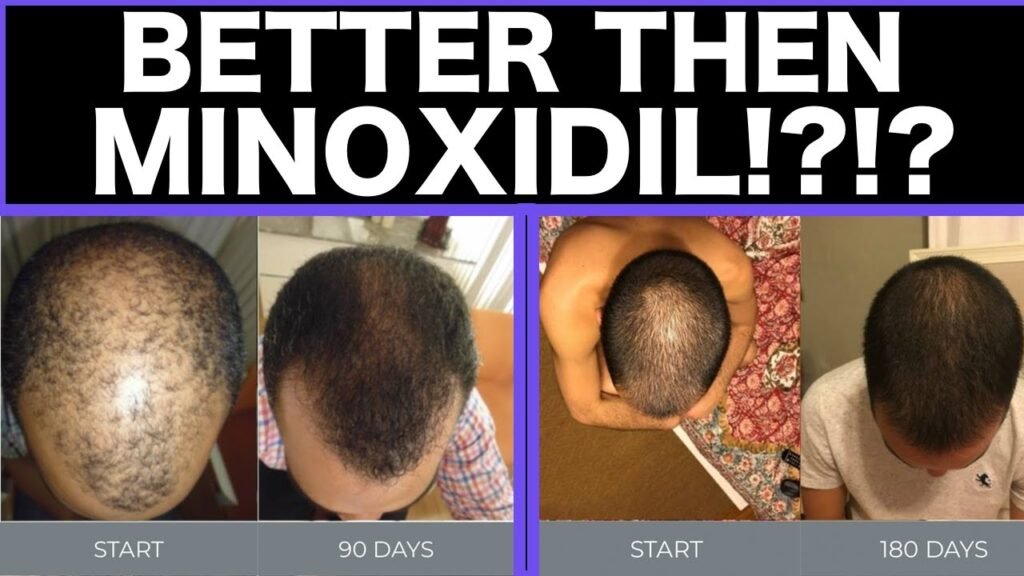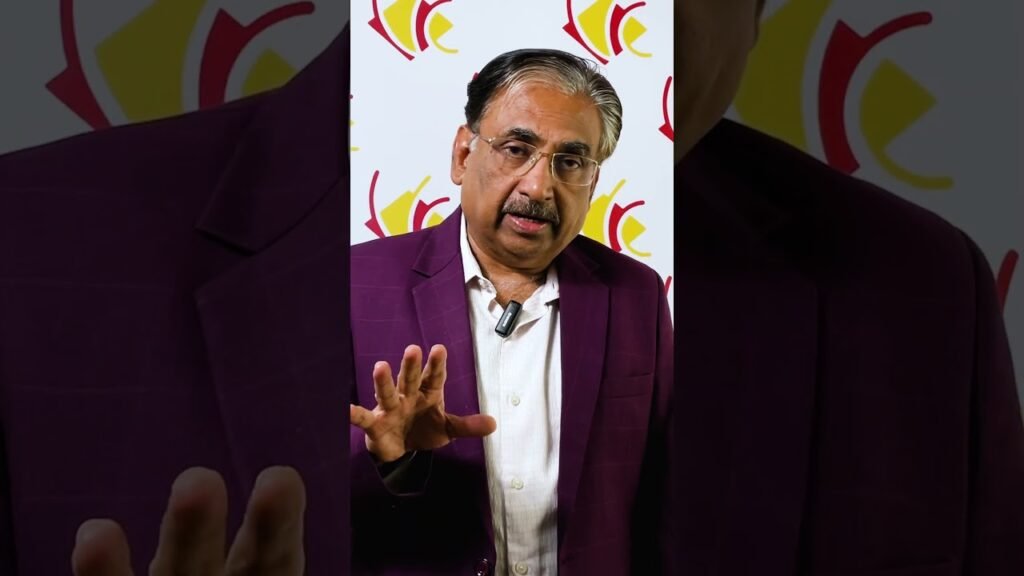Are you better off with Minoxidil vs biotin
When considering hair growth solutions, Minoxidil and biotin often emerge as popular choices. Minoxidil, a topical medication, is FDA-approved for treating hair loss and is known for its efficacy in stimulating hair follicles and increasing hair density. Biotin, a water-soluble B-vitamin, is often touted for its role in maintaining healthy hair, skin, and nails. However, the effectiveness of these two solutions can vary based on individual needs and the underlying causes of hair loss.
Understanding Minoxidil
Minoxidil works by prolonging the anagen phase of the hair growth cycle, which results in thicker and longer hair strands. It is particularly effective for those experiencing androgenetic alopecia, commonly known as male or female pattern baldness. This treatment requires consistent application and is most beneficial for those who can commit to a long-term regimen. Users may notice initial shedding as weaker hairs make way for stronger growth, which is a normal part of the process.
Biotins Role in Hair Health
Biotin is essential for producing keratin, a key structural protein in hair. While biotin deficiency can lead to hair thinning, it is relatively rare. For individuals with adequate biotin levels, additional supplementation may not significantly impact hair growth. However, those experiencing hair loss due to a deficiency might find biotin supplements beneficial. Unlike Minoxidil, biotin does not directly stimulate hair follicles but supports overall hair health, making it a complementary rather than a standalone solution.
When choosing between Minoxidil and biotin, consider the specific cause of hair loss and consult with a healthcare provider to determine the most appropriate treatment for your situation.


